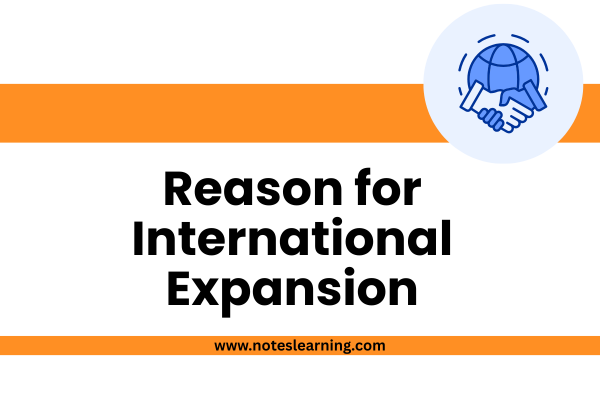Introduction
World economy is dynamic. It is constantly changing and demanding. In today’s interconnected economy, businesses and companies are intensively exploring the global markets. This strategy of going global offers not only the chance to expand the revenue but also the ability to leverage diverse resources, access talent and build a resilient market presence across the border.
Technology advancement, low trade barriers, easy information flow, greater ease of transportation etc. have made global expansion a viable strategy. Some of the primary reason for companies going global in modern times are:
Reasons for International Expansion
Tax Benefits and Favorable Regulatory Environments
Many companies opt for global expansion to take advantage of tax benefits or favorable regulations offered by certain companies. Such welcoming regulations and tax benefits allow businesses to set, operate and explore new market opportunities available.
For instance, numerous multinational corporations establish European headquarters in Ireland due to its favorable corporate taxes, which helps companies in maximizing profits. Similarly, companies opt for UAE for business due to its favorable economic policies and tax benefits.
Access to Larger Market
Most of the time, businesses choose to operate internationally to explore and capitalize the global consumer base. The local or domestic consumer base might not be sufficient to sell its services or the products. Similarly, the growing demand of the product or service in the market outside the country might lure the business for international expansion. Entering the larger market not only allows businesses to increase their revenues but also allows them to improve brand recognition on a global scale.
Apple and other big companies are expanding their business in the Indian economy to capitalize the greatest consumer base together with to meet the growing demand of their products or services.
Diversification of Risk
Operating in multiple regions across the world helps companies to diversify the risk associated with single dependency. Overly depending on one economy makes companies prone to all the risk related to that particular economy. In case of economic downturn or any unfavorable change, the operation and profitability of the business is greatly impacted by its failure.
Having business run in multiple regions will allow companies to balance or mitigate the risk associated with a particular economy. In case of economic downturn in country A, the business from country B will allow the business to manage the risk at country A. The company will have a plan B in such a worst-case scenario.
McDonald’s operations across the globe have helped the companies during tough times. During the financial crisis of 2008, McDonald’s compensated for the loss or low growth in the U.S. and Europe from the earnings of emerging markets such as China and India. Similarly, During the COVID-19, McDonald’s balanced the business of COVID hit regions from countries like New Zealand and South Korea, which had early recovery.
Competitive Pressure
The other reason why companies prefer to expand internationally is to simply keep up with the competitors. There is no absolute reason to keep shut for the companies when the competitor is benefiting from business expansion to a new market.
When Amazon started expanding its global operations, companies like Alibaba, Walmart, Flipkart etc. also fortified their position to remain competitive and relevant.
Cost Efficiency
Cost reduction is another reason for international expansion. Apple has majority of its manufacturing in China and India. Similarly, Technology giants like Dell and Samsung have Southeast Asia region as their manufacturing locations. The only reason for such expansion is to reduce the cost associated with business operations. Such operational bases have low labor cost, low cost of skilled manpower, lower tax rates etc.
All such international operations, in many ways, reduce the production and operational costs, benefitting the savings meanwhile maintaining the competitive pricing.
Skilled Labor and Advance Technology
We know the fact that China has cheap labor but we barely consider the fact that the Chinese have good command over the technology. Similarly, The U.S. position on entrepreneurship culture attracts global talents to the U.S.. Businesses consider Europe when it comes to fashion and designs.
There are countries which have an Unique Standing Position (USP) which allows the business from across the globe to come there, explore and exploit that position. That unique position could be any skilled manpower, tangible and intangible resources or the culture.
Additional
Apart from the above mentioned reason, there are many other factors that encourage business to expand internationally. Some of such factors are:
- Intellectual Property Protection
- Innovation and R&D Access
- Global Brand Image
- Political Influence and Lobbying

